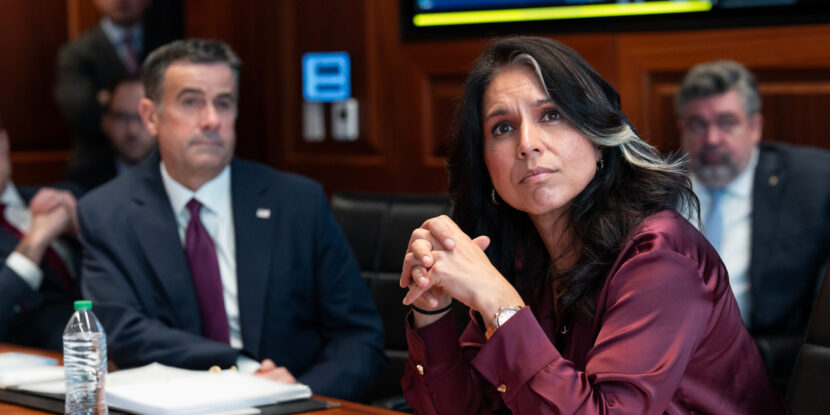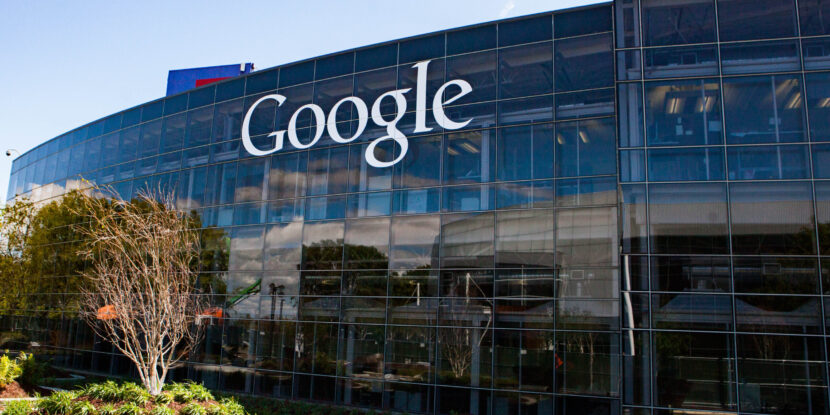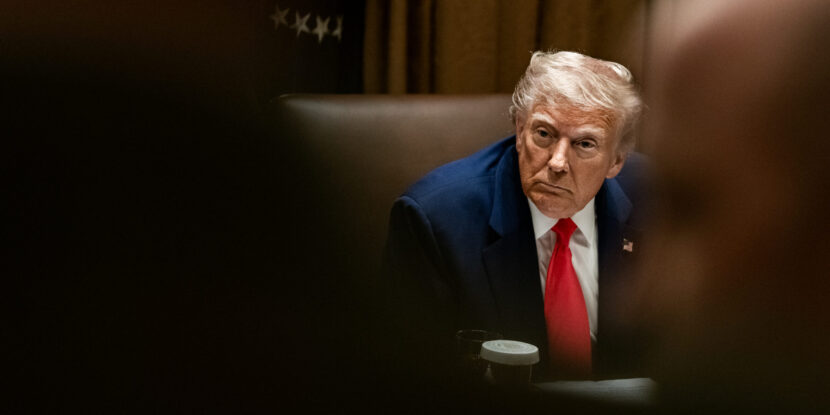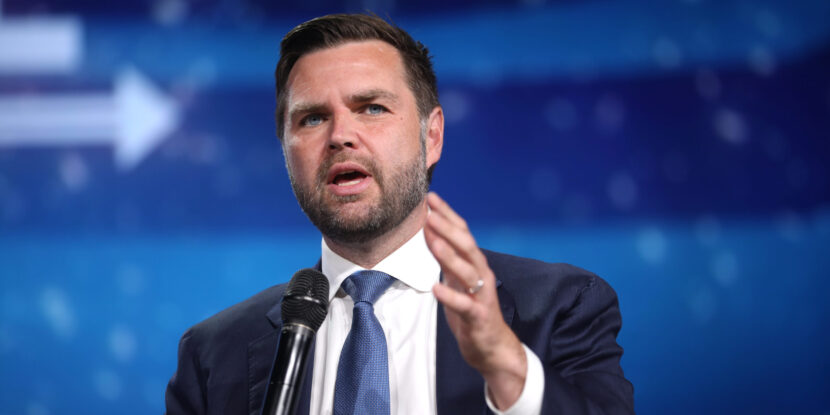❓WHAT HAPPENED: The British government has dropped its demand for Apple to provide “backdoor” access to encrypted customer data, according to U.S. Director of National Intelligence (DNI) Tulsi Gabbard.
👤WHO WAS INVOLVED: The British government, Apple, President Donald J. Trump, Tulsi Gabbard, and U.S. Vice-President J.D. Vance.
📍WHEN & WHERE: The dispute has unfolded over the past several months across the United States and the United Kingdom.
💬KEY QUOTE: “Over the past few months, I’ve been working closely with our partners in the UK, alongside President Trump and Vice-President Vance, to ensure Americans’ private data remains private and our constitutional rights and civil liberties are protected.” – Tulsi Gabbard
🎯IMPACT: The decision should prevent unauthorized access to encrypted data, but questions remain about British customers’ data protection options.
The British government has reportedly abandoned its demands for Apple to provide law enforcement with “backdoor” access to encrypted data belonging to users in the United States. U.S. Director of National Intelligence (DNI) Tulsi Gabbard shared the update on X (formerly Twitter), signaling a potential end to the prolonged standoff involving Apple, British authorities, and the U.S. government.
The dispute began when the British Home Office issued a technical capability notice under the Investigatory Powers Act, demanding Apple’s cooperation in decrypting user data. Apple challenged the order in court, prompting a legal battle. Although the Home Office attempted to keep the case out of the public eye, judges later ruled that the proceedings must be made public.
“Over the past few months, I’ve been working closely with our partners in the UK, alongside President Trump and Vice-President Vance, to ensure Americans’ private data remains private and our constitutional rights and civil liberties are protected,” Gabbard said.
President Donald J. Trump condemned the UK’s approach, likening it to surveillance tactics used by China. Vice-President JD Vance also voiced disapproval, saying, “I don’t want American citizens to be spied on,” and dismissed the notion of a backdoor as “crazy.”
In February, in response to the UK’s demands, Apple scaled back its advanced data protection features for new customers in the country. The company cited its firm stance on not weakening encryption, which meant UK users were excluded from end-to-end encryption features for iCloud Drive, photos, and notes, potentially exposing their data to greater risk. Civil liberties advocates warned that creating backdoor access could disproportionately impact vulnerable groups, including activists, politicians, and minorities.
While Gabbard has stated that the UK has now abandoned the request, the Home Office has neither confirmed nor denied the claim. “We do not comment on operational matters,” a spokesman said. The department reiterated its dedication to working with the U.S. on security threats, while upholding privacy and national sovereignty. Apple has not yet said whether UK users will regain access to its full suite of encrypted services.
Join Pulse+ to comment below, and receive exclusive e-mail analyses.







